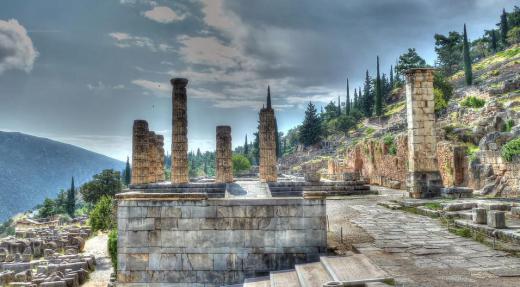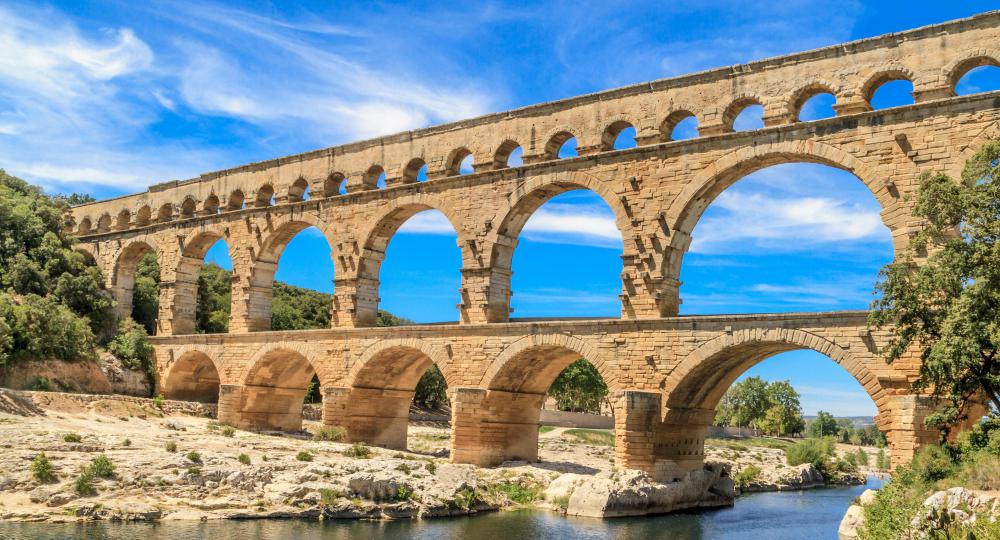At PracticalAdultInsights, we're committed to delivering accurate, trustworthy information. Our expert-authored content is rigorously fact-checked and sourced from credible authorities. Discover how we uphold the highest standards in providing you with reliable knowledge.
What Does a Classical Archaeologist Do?
A classical archaeologist primarily focuses on early Roman and Greek civilizations in addition to other ancient civilizations in the Mediterranean area. By conducting archaeological digs in these areas, a classical archaeologist excavates items and begins the arduous process of piecing together the items to attempt to figure out what life was like in ancient Greece and ancient Rome. These items might include pottery, coins, cloth and remains of buildings. A classical archaeologist is primarily interested in ancient Greece and Rome, so he or she might spend a good deal of time in the Mediterranean region.
One task in which a classical archaeologist might engage is participating in an archaeological dig. Each dig participant has a specific job on the dig site, such as digging the trenches, categorizing finds or managing the dig. In the Mediterranean, a dig might take place in a heavily populated city or in a country field. Dig site locations vary, so an archaeologist must be prepared to work in a variety of conditions.

Although participating in an archaeological dig is what many people think of when they think of archaeology, archaeologists do quite a bit more than that. A larger part of a classical archaeologist’s time is spent reviewing items found at dig sites to determine which items belong together, when and how they were used and why they were used. This process might take many years because most artifacts are found in small, broken pieces.

Archaeologists do not just review pieces found at dig sites to piece together the historical puzzle. They also extensively study history so they know the context in which the items appeared and were used. Through their research, they know more about the culture they are studying and might more accurately be able to depict what life might have been like and the purposes for which items might have been used.

A classical archaeologist might also write books about his or her findings. These books are of interest to many people, such as those interested in ancient civilizations, those interested in becoming archaeologists and other archaeologists in the field. These books sometimes might be used as texts for college courses on classical archaeology.
There are a limited number of jobs available at dig sites, so many archaeologists choose to become college professors. A classical archaeologist might teach classes on ancient Greek or Roman civilizations, classical archaeology, general archaeology or archaeological practices. Although it is fairly common for archaeologists to become college professors, the job prospects are still limited, especially for classical archaeologists.
AS FEATURED ON:
AS FEATURED ON:















Discuss this Article
Post your comments